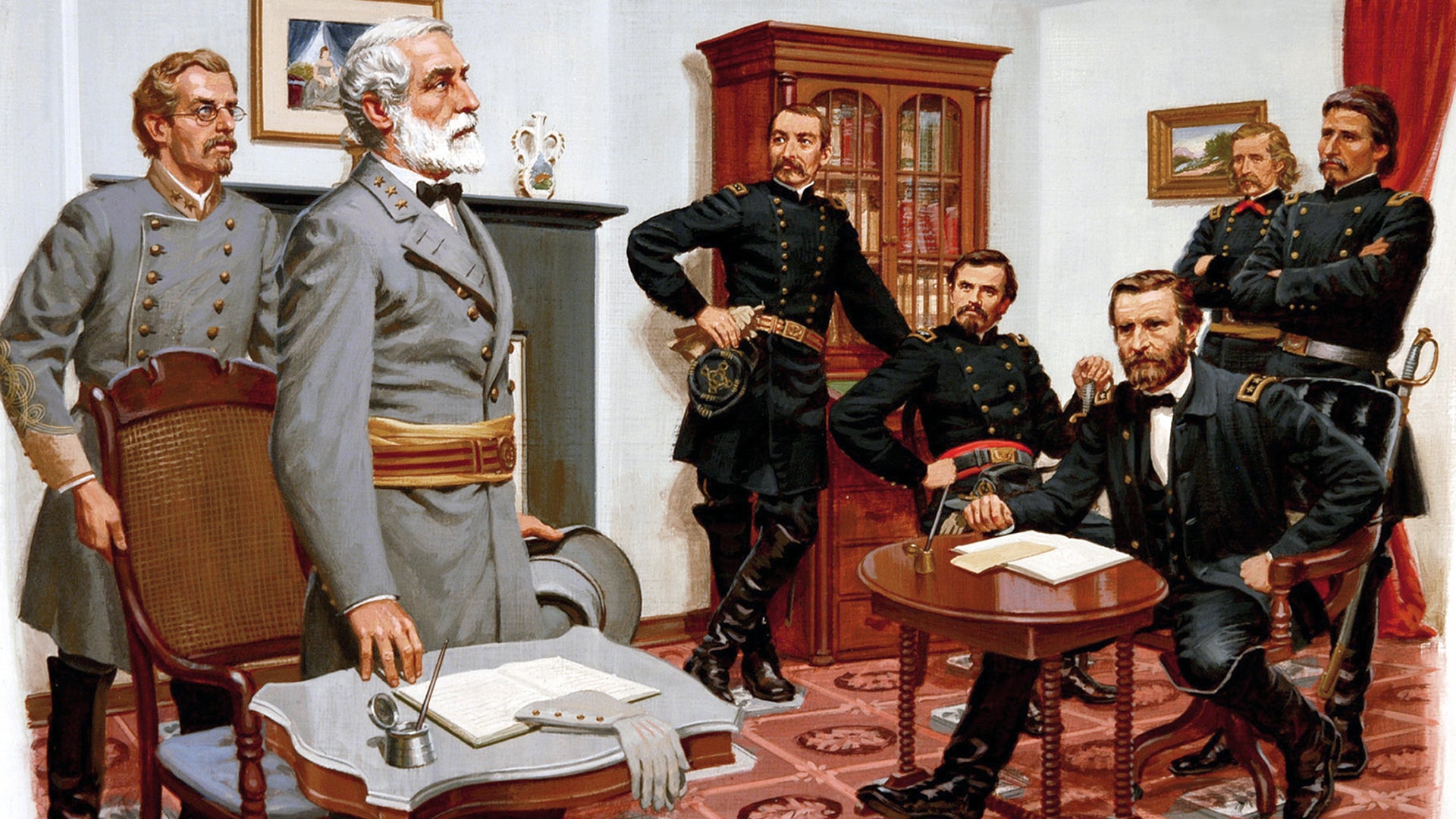
Mary Wollstonecraft is a name that has left an indelible mark on the history of literature, feminism, and human rights. As one of the most influential figures of the 18th century, Wollstonecraft’s life and work continue to captivate our imaginations to this day. From her groundbreaking feminist writings to her unconventional personal life, there is no shortage of enigmatic facts surrounding this remarkable woman. In this article, we will delve into 15 intriguing facts about Mary Wollstonecraft that shed light on her extraordinary journey, her enduring legacy, and the complexities of her character. Prepare to be amazed and inspired as we unravel the enigma that is Mary Wollstonecraft.
Key Takeaways:
- Mary Wollstonecraft was a trailblazing feminist who believed in education for all and challenged traditional gender roles, inspiring future generations of feminists.
- Her enigmatic life and ideas continue to inspire activism and spark debates about gender equality, leaving a lasting impact on the feminist movement.
She was a trailblazer in education reform.
Mary Wollstonecraft believed in the importance of education for all, including women. She argued that women’s intellectual development was hindered by limited access to education.
Mary Wollstonecraft had a turbulent personal life.
Her relationships were filled with drama and heartache. She had affairs with both men and women, including fellow writer Gilbert Imlay and philosopher William Godwin, whom she eventually married.
Her daughter, Mary Wollstonecraft Shelley, became a famous writer.
Following in her mother’s footsteps, Mary Wollstonecraft Shelley wrote the iconic novel “Frankenstein.” She is considered one of the early pioneers of science fiction.
Mary Wollstonecraft’s feminist ideas were seen as radical in her time.
In the late 18th century, her ideas challenged the prevailing notions of women’s roles in society. She advocated for women’s education, economic independence, and the right to participate in political affairs.
She lived through the French Revolution.
Mary Wollstonecraft spent some time in France during the tumultuous period of the French Revolution. This experience influenced her political beliefs and reinforced her commitment to social justice.
Wollstonecraft’s ideas inspired future generations of feminists.
Her writings had a profound impact on later feminist thinkers such as Elizabeth Cady Stanton, Susan B. Anthony, and Simone de Beauvoir.
Mary Wollstonecraft was an advocate for the abolition of slavery.
She believed that all human beings, regardless of race, deserved freedom and equality. Her support for the abolitionist movement aligned with her broader principles of justice and equality.
She challenged traditional gender roles in her personal life.
Mary Wollstonecraft refused to conform to societal expectations of women at the time. She demanded intellectual and emotional equality in her relationships.
Her work addressed the intersectionality of gender and class.
Mary Wollstonecraft recognized that women’s experiences varied depending on their social and economic status. She advocated for the rights of working-class women, not just those of the upper class.
Her untimely death cut short her potential impact.
Mary Wollstonecraft passed away at the age of 38 due to complications from childbirth. It remains a tragic loss for the feminist movement, as she had so much more to contribute.
Mary Wollstonecraft’s ideas were controversial even within the feminist movement.
Some critics argued that her emphasis on reason and rationality dismissed the importance of emotions in women’s lives. This debate continues to shape feminist discourse today.
Her legacy continues to inspire activism.
The “15 Enigmatic Facts About Mary Wollstonecraft” have shed light on her immense contributions. Today, women and men around the world continue to draw inspiration from her writings and fight for gender equality.
Mary Wollstonecraft’s works were widely received in France.
French readers were particularly receptive to her ideas, and her work gained popularity in the intellectual circles of the time.
She emphasized the importance of women’s sexual liberation.
Mary Wollstonecraft asserted that women should have the freedom to explore their sexuality and enjoy sexual pleasure, challenging the prevailing puritanical attitudes of the time.
Mary Wollstonecraft’s ideas sparked debates about the nature of femininity.
Her assertion that women were not inherently inferior to men incited discussions about the societal construction of gender and the limitations imposed on women.
Conclusion
In conclusion, Mary Wollstonecraft remains an enigmatic figure in history, revered for her groundbreaking work as a writer, philosopher, and feminist. Her contributions to women’s rights and education were ahead of her time, and she continues to inspire generations of advocates fighting for gender equality.Despite the challenges she faced during her lifetime, Wollstonecraft’s powerful ideas and writings have left an indelible mark on society. Her belief in the importance of women’s education and equal opportunities has shaped the feminist movement and continues to influence contemporary discourse.As we dive deeper into the life and work of Mary Wollstonecraft, we uncover a woman who defied societal norms, challenged the status quo, and fought relentlessly for her beliefs. Her courage, intellect, and determination serve as a reminder of the power of one individual to create lasting change.
FAQs
1. Who was Mary Wollstonecraft and why is she significant?
Mary Wollstonecraft was a prominent writer, philosopher, and feminist during the 18th century. She is known for her work advocating for women’s rights and education, laying the foundation for the feminist movement.
2. What are some of Mary Wollstonecraft’s most famous works?
Wollstonecraft’s most notable works include “A Vindication of the Rights of Woman” and “Maria: or, The Wrongs of Woman.” These texts explored themes of gender equality, educational reform, and the rights and roles of women in society.
3. How did Mary Wollstonecraft’s ideas influence the feminist movement?
Wollstonecraft’s ideas challenged societal norms and laid the groundwork for future feminist thinkers. Her emphasis on women’s education and equal rights resonated with later generations, inspiring them to push for gender equality and social change.
4. What obstacles did Mary Wollstonecraft face during her lifetime?
Wollstonecraft faced significant societal backlash and criticism for her feminist beliefs. She also endured personal hardships, including failed relationships and financial difficulties. Nevertheless, she remained steadfast in her advocacy and continued to fight for her ideals.
5. How has Mary Wollstonecraft’s legacy impacted modern society?
Wollstonecraft’s teachings continue to shape the feminist movement and influence contemporary discussions on gender equality. Her work has sparked ongoing debates on women’s rights, education, and the role of women in politics, literature, and society as a whole.
Mary Wollstonecraft's life and ideas continue to captivate readers, just as the enigmatic world of Gothic literature enthralls with its dark tales. Her pioneering work in feminism laid the groundwork for future generations, while her experiences during the 18th century provide a fascinating glimpse into a tumultuous era. Explore more intriguing facts about these topics and delve deeper into the mysteries surrounding Wollstonecraft's legacy.
Was this page helpful?
Our commitment to delivering trustworthy and engaging content is at the heart of what we do. Each fact on our site is contributed by real users like you, bringing a wealth of diverse insights and information. To ensure the highest standards of accuracy and reliability, our dedicated editors meticulously review each submission. This process guarantees that the facts we share are not only fascinating but also credible. Trust in our commitment to quality and authenticity as you explore and learn with us.


